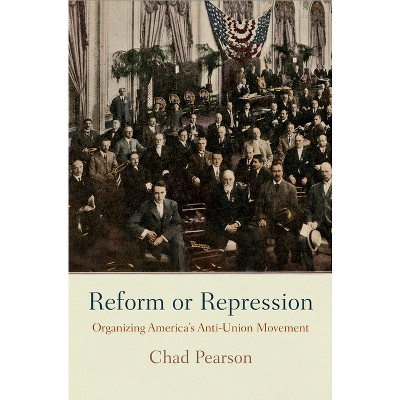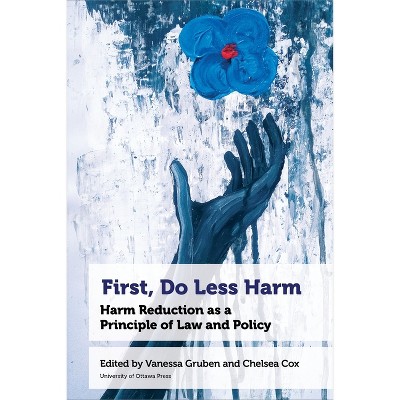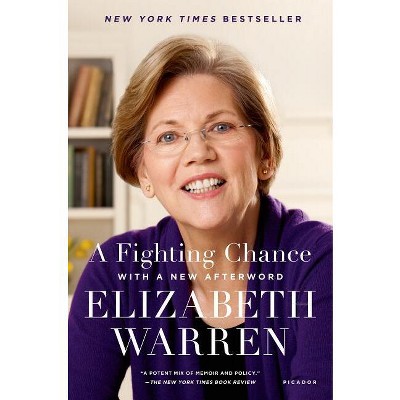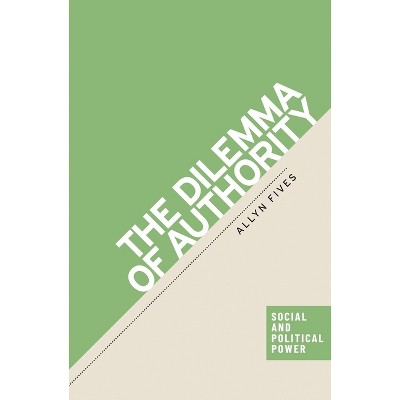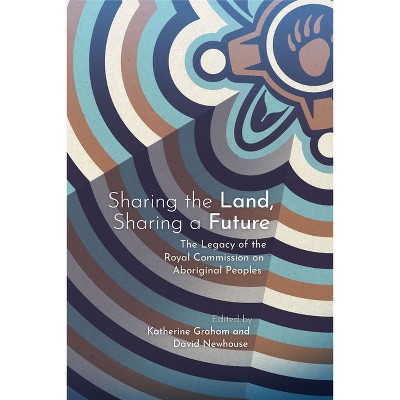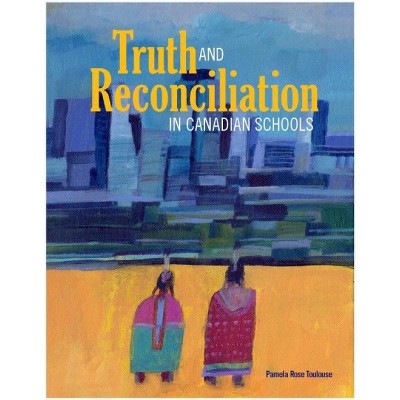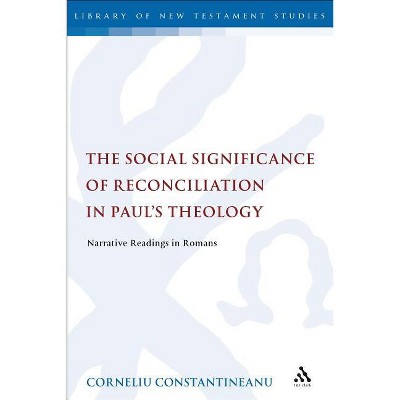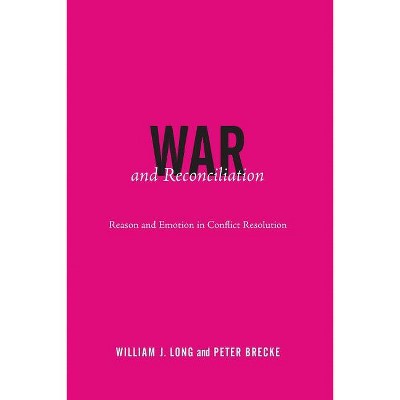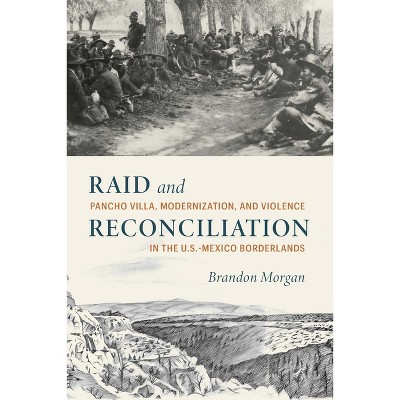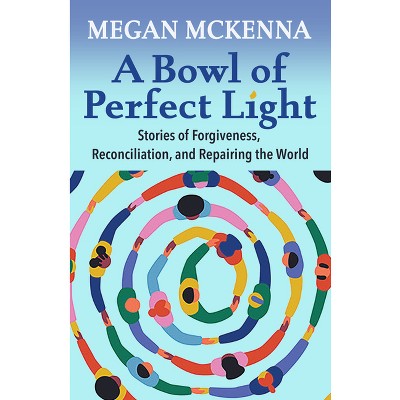Sponsored

Pathways of Reconciliation - (Perceptions on Truth and Reconciliation) by Aimée Craft & Paulette Regan (Paperback)
In Stock
Sponsored
About this item
Highlights
- Since the Truth and Reconciliation Commission released its Calls to Action in June 2015, governments, churches, non-profit, professional and community organizations, corporations, schools and universities, clubs and individuals have asked: "How can I/we participate in reconciliation?
- Author(s): Aimée Craft & Paulette Regan
- 344 Pages
- Political Science, Colonialism & Post-Colonialism
- Series Name: Perceptions on Truth and Reconciliation
Description
About the Book
Recognizing that reconciliation is not only an ultimate goal, but a decolonizing process of journeying in ways that embody everyday acts of resistance, resurgence, and solidarity, Pathways of Reconciliation helps readers concerned about how to respond to the TRC of Canada's Calls to Action find their way forward.
Book Synopsis
Since the Truth and Reconciliation Commission released its Calls to Action in June 2015, governments, churches, non-profit, professional and community organizations, corporations, schools and universities, clubs and individuals have asked: "How can I/we participate in reconciliation?"
Recognizing that reconciliation is not only an ultimate goal, but a decolonizing process of journeying in ways that embody everyday acts of resistance, resurgence, and solidarity, coupled with renewed commitments to justice, dialogue, and relationship-building, Pathways of Reconciliation helps readers find their way forward.
The essays in Pathways of Reconciliation address the themes of reframing, learning and healing, researching, and living. They engage with different approaches to reconciliation (within a variety of reconciliation frameworks, either explicit or implicit) and illustrate the complexities of the reconciliation process itself. They canvass multiple and varied pathways of reconciliation, from Indigenous and non-Indigenous perspectives, reflecting a diversity of approaches to the mandate given to all Canadians by the TRC with its Calls to Action.
Together the authors--academics, practitioners, students and ordinary citizens--demonstrate the importance of trying and learning from new and creative approaches to thinking about and practicing reconciliation and reflect on what they have learned from their attempts (both successful and less successful) in the process.
Review Quotes
"The essays in this book are informative, insightful, and well written. As they outline the scope of what needs to change, their mix of case studies, theoretical reflection, and empirical analyses offers some signs of hope and constructive examples of what can be done. This book deserves to be widely read. It will be useful for academics, community leaders, and educated readers concerned about how to respond to the Truth and Reconciliation Commission of Canada's Calls to Action."--Don Schweitzer
"I walk away from this book with a much clearer understanding of reconciliation as a process with UNDRIP as its foundation, and with a deeper knowledge of several 'truths' underpinning Indigenous-settler relations in a variety of Canadian contexts."--Victoria Paraschak "American Review of Canadian Studies"
"This volume has something to offer all readers--Indigenous and non-Indigenous--and from every field from natural resources to child and family services, and from healthcare to academia. The lessons that the authors share in this volume can help us all take on the work of meaningful reconciliation."--Richel Donaldson "Canadian Journal of History"
